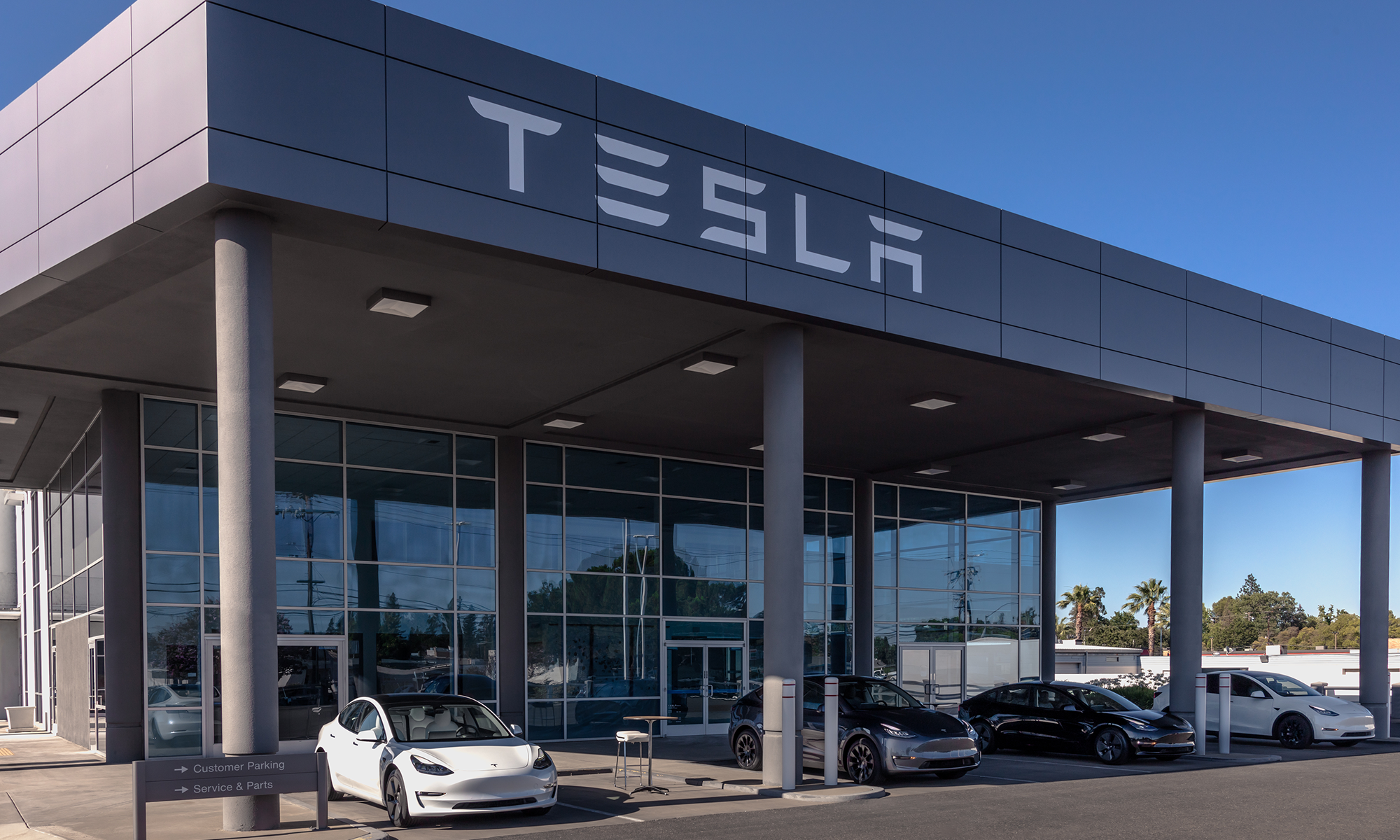Earnings season is officially upon us, and some of the biggest companies in the world are set to report their quarterly financials in the coming days. Two key stocks I will be watching this earnings season are Apple (AAPL +4.06%) and Tesla (TSLA 2.00%), which are both hitting speed bumps. Tesla is losing market share in electric vehicle sales, while Apple's growth has slowed with the flagship iPhone maturing around the globe.
In the coming days -- July 23 for Tesla and July 31 for Apple -- the companies will report their second-quarter earnings, and investors are on high alert. Is either company a sell before their report?
Apple's stagnant growth
Apple's dominance in smartphones is undeniable, a category it popularized by releasing the iPhone in 2007, almost 20 years ago. Today, iPhone hardware sales are at $200 billion annually, with a lot of software and services revenue layered on top. It is still a great business, but one that is not growing quickly. Smartphone upgrades are decreasing (meaning customers aren't buying new models as often) because of the little difference between new devices every passing year. This has caused a stagnation in Apple device sales since 2022 after the COVID-19 spending boom.

NASDAQ: AAPL
Key Data Points
Eventually, Apple will need to take the next step up in computing hardware or risk getting left behind technologically. For example, it is losing out so far in augmented and virtual reality to Meta Platforms, which is selling millions of its new glasses-based hardware every year. Apple tried to enter this market with the Vision Pro headset, but it was a flop and has likely been discontinued.
Stagnant growth is a concern for Apple. It needs to develop huge, widely bought products in order to move the needle for its $400 billion revenue base. With no products on the horizon and meager efforts in the hot AI market, it is hard to predict that Apple's revenue will grow substantially faster than inflation in the next few years.
This is a problem when looking at the stock's valuation. Today, Apple has a price-to-earnings ratio (P/E) of 33, which is an earnings ratio typically reserved for high-growth stocks. Eventually, Apple is going to have to start growing again or risk multiple compression and a falling share price. This means you should consider selling Apple stock before it soon reports Q2 earnings.

Image source: Getty Images.
Tesla's declining market share
If Apple investors need to be worried about stagnant growth, then Tesla investors have an even worse issue: declining sales. Last quarter, Tesla's automotive revenue declined 20% year-over-year to $14 billion. Profits are moving in the wrong direction and even worse than revenue due to the fixed leverage unwinding in the automotive manufacturing division. Operating income is off close to 50% from all-time highs over the last 12 months.
This quarter does not look promising, either. Tesla's unit sales to customers continue to slide and it already reported Q2 deliveries of 384,000 compared to 443,000 in the year-ago quarter. The brand is losing market share in the United States, Europe, and China to increasing competition among other electric vehicle upstarts and legacy automotive players.
In the United States, tax credits for electric vehicles are expiring, which will make it more expensive for customers to buy a Tesla. It has been forced to slash its selling prices, which has hurt its profit margins.

NASDAQ: TSLA
Key Data Points
Even though it is struggling mightily, Tesla stock trades at a nosebleed P/E ratio of 179. At a market cap of $1 trillion, it will need to grow into net income of $40 billion or more just to get a somewhat reasonable valuation. It generated $6.4 billion in earnings over the last 12 months and only briefly hit an annualized rate of over $10 billion. The likelihood that Tesla achieves a bottom-line profit of $40 billion anytime soon seems far-fetched.
I can understand an argument for why an investor should hold Apple stock at today's prices. But there is no rational argument for continuing to risk your portfolio in Tesla shares. It would be prudent to sell your stake before this Q2 earnings report.






